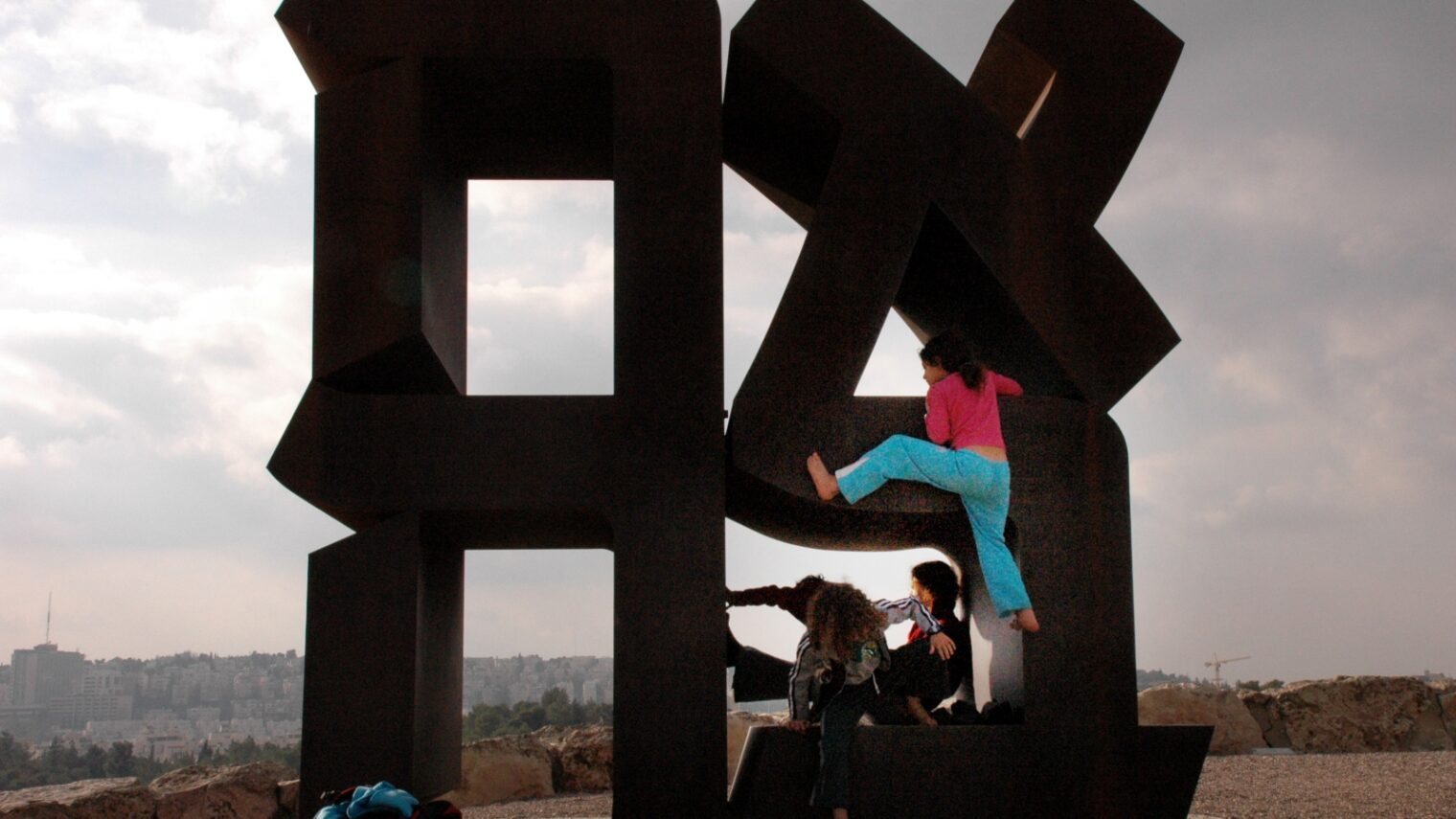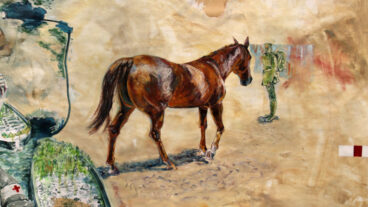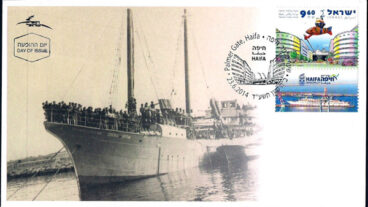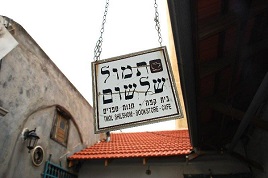It is the eve of Tu b’Av, the 15th of the month of Av, the holiday of love. And like all holidays of love — even though it is a real, if minor Jewish holiday — modern-day Tu b’Av got a healthy growth spurt from the folks who make money off of love — chocolatiers, florists, wedding planners, travel agents… you get the picture.
One tradition has it that the holiday celebrates the day when the Tribe of Benjamin was allowed once more to intermarry with the other tribes. The Benjaminites had been banned from all inter-tribal marriages after a sordid incident recorded in the Book of Judges that resulted in the murder of a concubine wedded to a Levite. After a series of bloody conflicts that resulted in the mass killing of the Benjaminite women — and an oath among the other Children of Israel cursing anyone who would marry off their womenfolk to a Benjamin — it was decided by the community that the tribe should continue but that, in the name of justice, wives would not be given to them. They would have to catch them instead.
“Therefore they instructed the children of Benjamin, saying, ‘Go, lie in wait in the vineyards, and watch; and just when the daughters of Shiloh come out to perform their dances, then come out from the vineyards, and every man catch a wife for himself from the daughters of Shiloh; then go to the land of Benjamin. Then it shall be, when their fathers or their brothers come to us to complain, that we will say to them, ‘Be kind to them for our sakes, because we did not take a wife for any of them in the war; for it is not as though you have given the women to them at this time, making yourselves guilty of your oath.'” And the children of Benjamin did so (on Tu B’Av); they took enough wives for their number from those who danced, whom they caught. Then they went and returned to their inheritance, and they rebuilt the cities and dwelt in them. So the children of Israel departed from there at that time, every man to his tribe and family; they went out from there, every man to his inheritance.”
All about the Benjamins or not, the pagan origins of Tu b’Av are pretty evident. The Talmud has it that back in the days of the Temple, the 15th of Av marked the beginning of the grape harvest, at which time the unmarried girls of Jerusalem would dress in white and go dance in the vineyards until they were presumably swept off their feet by some young swain.
The holiday is also referred to as a Feast of Xylophory — meaning a wood-offering brought to the temple — another indication of being rooted in pre-Judaism, regional culture. And of course, the fact that it falls in late summer on the full moon is the big paganic tip-off. However, at some point in history, Tu b’Av was adopted and celebrated by Jews in the Land of Israel.
The destruction of the Second Temple was the end of wine, women, song, dancing, wood sacrifice — and indeed any other Jewish ritual sacrifice. Tu b’Av’s over-the-top celebratory nature was sublimated by Diaspora Jews into customs like the one where, from Tu b’Av on, you could start wishing people a good New Year.
In the 20th century Israel, the kibbutz movement — once it had accepted the fact that despite communalism’s best efforts, members still wanted the bonds of traditional marriage — adopted Tu b’Av as a day for weddings. It also revived the grape harvest celebration.
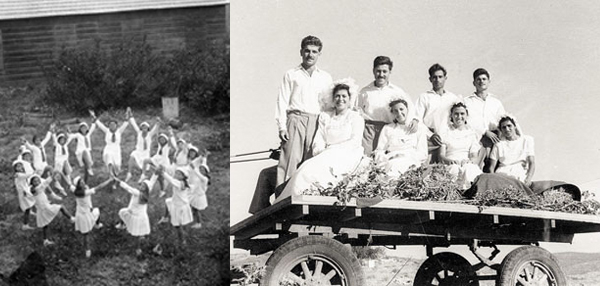
Most fittingly, even though it has been delayed till September 1-4, 2014, the Jerusalem Wine Festival this week launched its campaign with images of the “Ahava” sculpture — the Hebrew-language version of Robert Indiana’s famous “Love” sculpture.
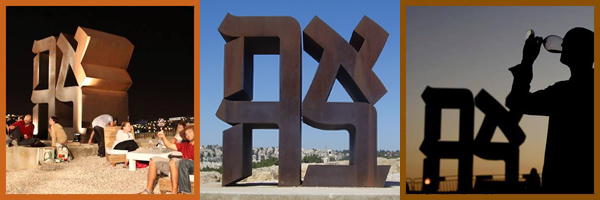
The Wine Festival takes place in the Billy Rose Art Garden at the Israel Museum. There will be live music every evening, chocolate and cheese to enjoy, the Big Bambu environmental sculpture offering a breathtaking hilltop view of Jerusalem and of course, wines to sample from all over Israel making it a lovely, romantic way to end the summer.
For more information, visit the Jerusalem Wine Festival on Facebook. Tickets must be ordered in advance (there is a nominal additional charge for Big Bambu) from the Israel Museum box office.




